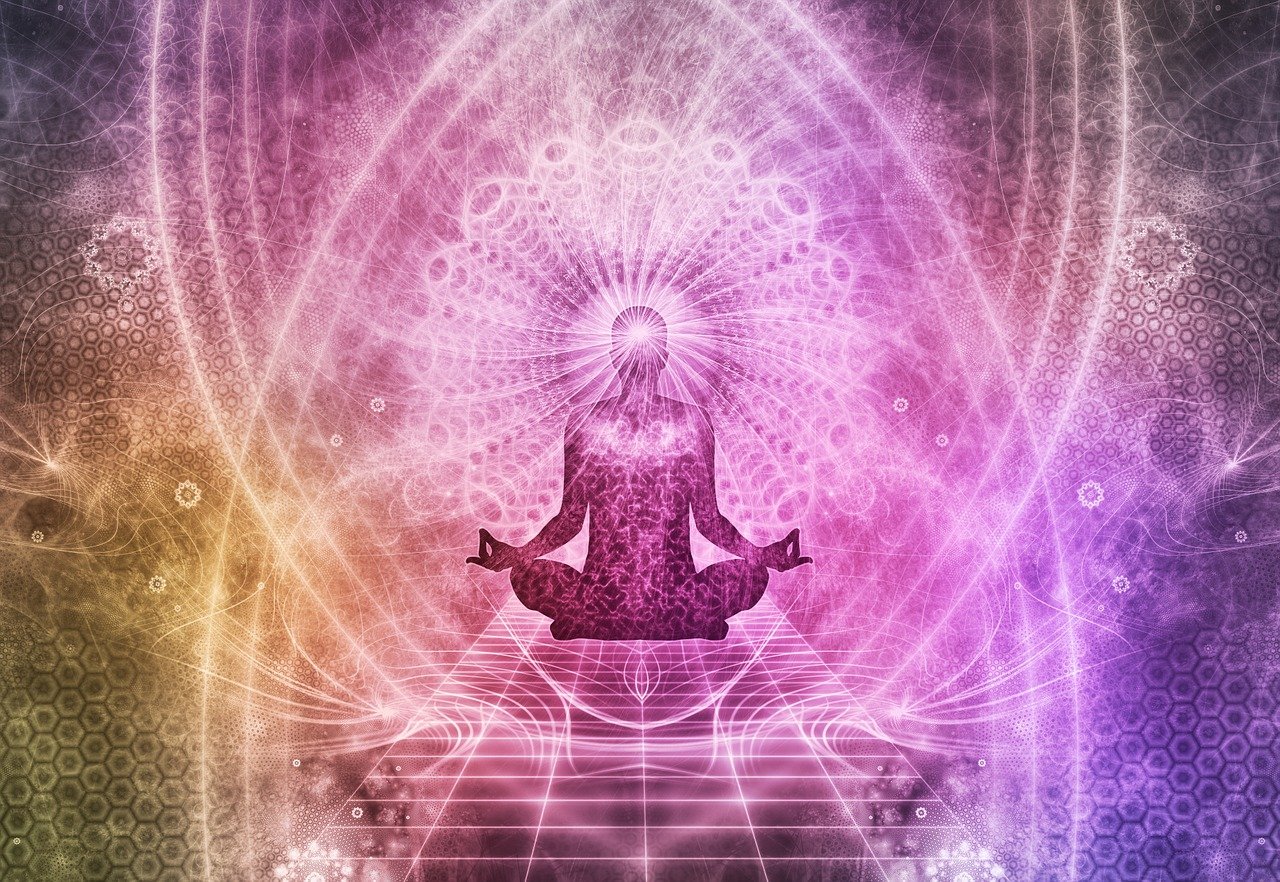
In the rush and flurry of today’s fast-paced and chaotic world, the quest for inner peace has become more complex than ever. It is easy for people to feel overwhelmed and stressed by the constant flow of information, the daily routine, and the complex workings of today’s society.
Amid this chaos, the ancient practice of Vipassana meditation offers a deep and enduring solution for individuals who are looking for peace of mind and a better understanding of themselves. S N Goenka says, “The only conversion involved in Vipassana is from misery to happiness, from bondage to liberation.”
It helps people learn to pay close attention and be mindful, so they can face life’s challenges with clarity and resilience.
Vipassana a meditative technique

Vipassana is an ancient meditation technique. Concealed in the shadows of the past, it was rediscovered by Gautam Buddha more than 2,500 years ago. The word Vipassana means understanding things as they truly exist. It is the process of self-purification through self-reflection, providing a method of mental cleansing that enables individuals to confront life’s challenges with composure and stability.
It has gained popularity as a non-religious practice, attracting individuals seeking mental clarity, emotional balance, and a deeper understanding of themselves in today’s busy world. People who attend the Vipassana course must diligently undertake the following five principles for the duration of the course— To abstain from killing any being; to abstain from stealing; to abstain from all sexual activity; to abstain from telling lies; and to abstain from all intoxicants.
In the current era, people are always surrounded by a lot of things that want them to pay attention and require their constant engagement. At present, individuals find themselves tethered to the expectations, information, and stimuli from the external world.
In today’s fast-paced world, modern technology is advancing rapidly making people feel stressed and anxious to keep up with the changes, affecting mental well-being. Vipassana emphasises mindfulness, encouraging individuals to pay close attention to the present moments.
In the modern world, where distractions are abundant, being aware of ourselves helps individuals stay focused and reduce anxiety related to future doubts or past regrets. Vipassana involves observing bodily sensations without reacting to them emotionally.
By learning to observe sensations, individuals can break the habit of reacting too hastily and find a sense of calmness even in challenging situations. Numerous studies have shown that regular practice of Vipassana has been associated with reduced stress levels and heightened emotional well-being.
The process experienced

Vipassana meditation typically involves a ten-day residential course where participators immerse themselves in the practice, following the strict schedule of meditation. Being in a place away from their usual surroundings and the commitment to silence allows the practitioners to disconnect from the outside world and pay more attention to their thoughts and feelings.
When I first signed in for it, I had not expected much. I joined the teenager’s course, which lasted for seven days, while the adult course is 10 days long. The day you arrive is considered as day zero (the course spans nine days to allot seven full days to meditation).
On day one, the teacher guides you to focus on your breathing. The first day is a bit challenging; your entire body aches from sitting in the same position for too long, and you may start questioning your decision as to why you joined Vipassana.
But as days pass on, you learn new things; you focus more on your sensations, learn how to control negative feelings, start feeling calmer, and understand the true meaning of Vipassana. Vipassana is like a journey into your mind, helping you understand yourself.
My life has changed a lot after Vipassana. After completing my Vipassana course, I learned to find positivity in each moment of my life. It taught me to be grateful, control my anger, and focus on the interconnection between mind and body, among many other valuable lessons.
Vipassana helps us in everyday life giving us tools to handle challenges, be thankful, and find deep inner peace. I highly recommend trying Vipassana meditation to anyone seeking profound self-discovery and inner peace.
The immersive experience can provide invaluable insights, teaching you to navigate life’s challenges with mindfulness and equanimity. This practice helps people become more aware of the present moment and understand their thoughts, emotions, and bodily sensations better.
In the modern world, where external influences such as social environment, media and technology, economic factors, etc can be overwhelming, Vipassana provides a means to reconnect with one’s inner self.
This connection can help individuals find inner peace, even amid external chaos. Vipassana meditation is like a quiet retreat within yourself, helping you find lasting peace amid life’s chaos.

















